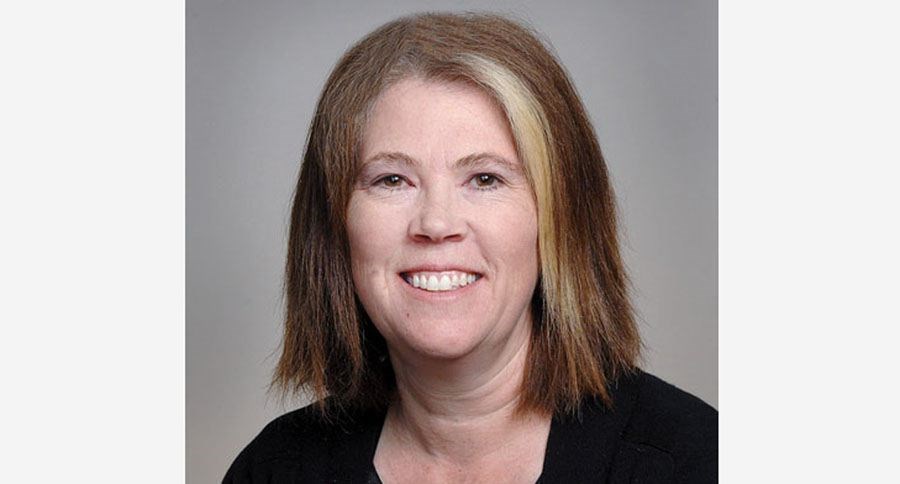As some of you will know I had the opportunity to moderate the mayoral forum at UNBC on Nov. 6.
It was a real pleasure to be able to have a conversation with Lyn Hall and Don Zurowski. I am always in awe of anyone who puts themselves forward for public service. As an observer of politics I know for me personally my skin is not thick enough to deal with the slings and arrows of everyday political life.
I admire both of these individuals for standing up to do the task.
I also admire those of you who will sit on council and the school board. I know the sacrifices of time and the strain that complex decision making has on those in positions of authority.
I started the debate by asking the candidates to describe the role of local government. I did this because, as I have written previously in this column, the challenges for local government have changed considerably over the last 30 years. I know we tend to talk about pot holes and sewer systems and snow plowing as the central services of municipal government and, for sure, those are core services that they deliver.
Yet, as the debate demonstrated, local governments have had to take a more active role in situating their communities into the global economy. It is difficult to communicate how really challenging this work is and how much capacity it takes to "sell" one's community as a place of investment or a place to live and work.
I have been thinking a lot about this idea of the role of local government so I explored the research to see whether or not this has any impact on the voter's capacity to make a decision. My search led to me to an article by political scientists Fred Cutler and J. Scott Matthews. The article entitled, The Challenge of Municipal Voting, looks at some of the key issues that create barriers for voting in municipal elections specifically "informational quantity and quality."
Among other hypotheses, Cutler and Matthews point to the issue of the difficulty in determining the role and scope of local governments.
They write: "...there remains the question of whether voters have a sense of what municipal governments do and how independent are their powers." They also point to the importance of knowledge about how the candidates are positioned ideologically. The author's note that in the case of Vancouver there are clear party affiliations that connect local politics to provincial politics (the COPE party is affiliated with the NDP and the NPA is affiliated with the Liberals).
As I have said before in this column, there are no party names affiliated with Prince George candidates and so we go strictly by name recognition and informed knowledge of the candidates.
But the issue of the scope of municipal powers also compounds the problem of knowing who to vote for. Local governments are limited by their budgets and the scope of their taxation power. The Community Charter, which was passed in 2004, was originally meant to broaden the scope of authority for local governments.
When Gordon Campbell was mayor of Vancouver he advocated for more autonomy for municipal governments. And really it's no wonder that he believed that cities needed more authority because cities do have a great breadth of responsibility that shapes the well-being of the community. Just to put it in perspective some big cities in Canada have less power than do whole provinces.
P.E.I. has approximately 145,000 citizens while the City of Toronto (proper) has 2.8 million.
Prince George has just a little more than half of the population of Prince Edward Island.
We can think about the range of activities that municipal governments pursue as either perennial or as dynamic.
Perennial issues are those like snow plowing and road repair but dynamic issues are those that are less tangible like city branding and economic development. Local governments have been drawn into the dynamic issues primarily because they have little choice but to compete for investment and for skilled/professional labour. There are no constitutionally outlined responsibilities that say that local governments are responsible for the dynamic issues but they have been drawn into these issues because other levels of government have withdrawn from these areas.
At the end of the day the political arm of local government, the mayor and council, has the task of envisioning a place of well-being and within the limited scope of their capacity they must try to bring that vision to life.
I wish the new mayor and councillors the best.
It is no small task.



